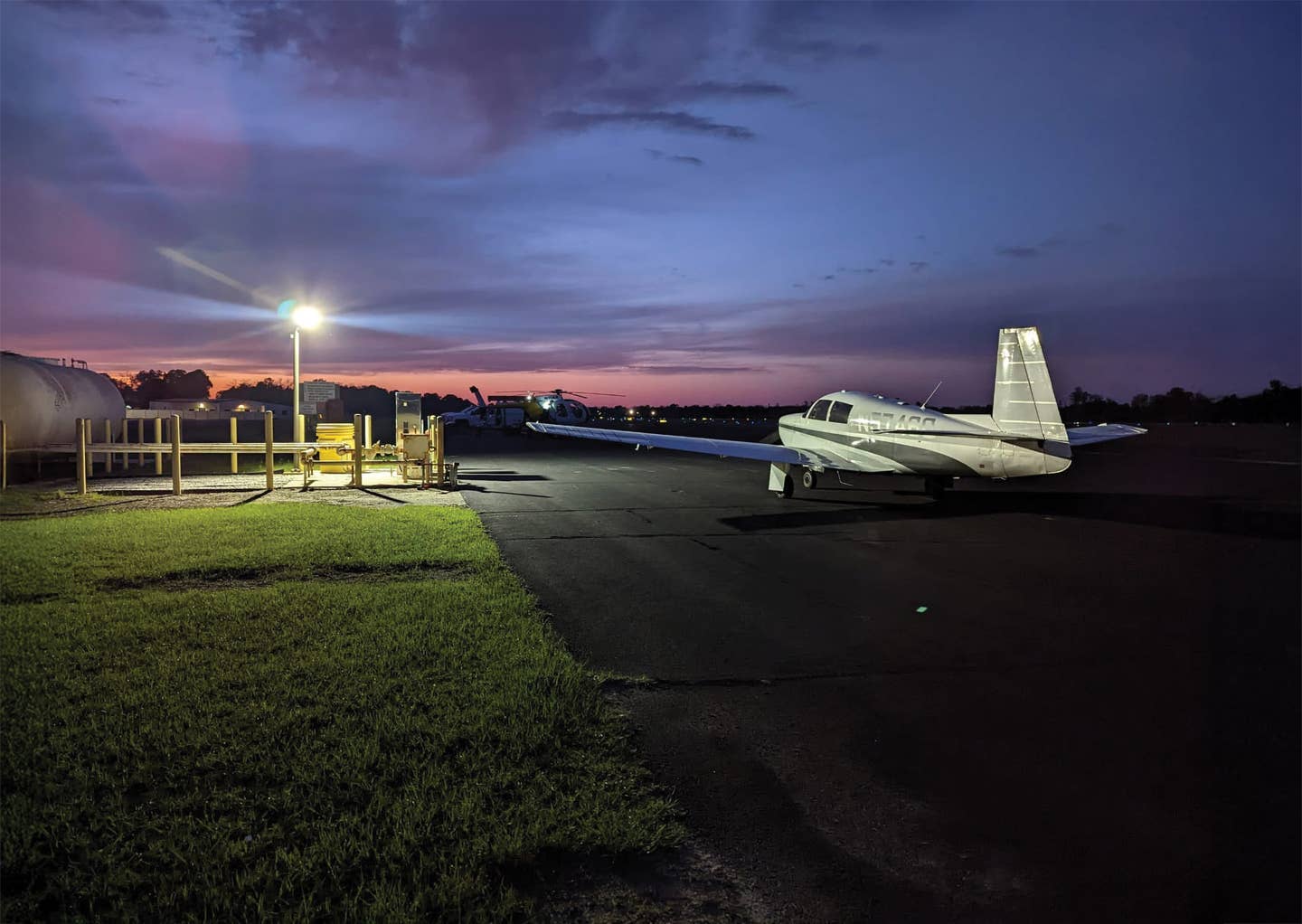Navigating the Skies: Mitigating the U.S. CFI Shortage
With flight training schools eager to recruit pilots, many often overlook the equal demand for CFIs who play a significant role in progressing aspiring students to become pilots.

The aviation industry in the United States is facing a significant shortage of Certified Flight Instructors (CFIs), threatening the pipeline of new student pilots entering the profession. According to career website Zippia, 50 percent of CFIs have a tenure of under two years, a high turnover rate indicating low appetite for long-term careers in flight instruction.
The CFI shortage is multifaceted, driven by financial issues, industry changes following the COVID-19 pandemic as well as challenges in how the career is perceived. The role a CFI plays in supporting aspiring pilots however is vital, and to overcome the shortage in the US we must improve awareness of flight instruction as a viable, sustainable and rewarding option.
Financial Challenges
The significant pay gap between commercial pilots and CFIs is well reported. While commercial pilots can earn six-figure salaries, CFIs often start with much lower wages, which can understandably be discouraging for those considering flight instruction as a career. The financial burden attached to flight training also skews pilots toward higher-paying roles to compensate for loans they may have taken out.
At Skyborne, we are advocates of reducing the financial barriers to flight training and widening the talent pool for all, regardless of background. However, until fully funded programs and government bursaries are further developed, the industry will continue to have a pilot shortage which in turn affects the supply of CFIs.
Furthermore, the pandemic also had its part to play. With a drastic reduction in travel activity, there was a temporary surplus of qualified commercial pilots and a wave of early retirements, extending the gaps between market supply and demand. In turn, the decreased need for new pilots meant there was a reduced requirement for CFIs, which also exacerbated the instructor shortage when the industry began to recover.
The process of hiring CFIs is inherently cyclical, influenced by the impact of world events on the aviation industry. While demand for flight instructors is currently high, it fluctuates with economic and industry shifts, creating periods of scarcity or excess. Therefore, while we shouldn’t be frightened by the current CFI shortage, we can, and should, work to resolve it.
To Overcome and Thrive
For the health of our industry, we must encourage more individuals to consider becoming CFIs. One way to achieve this is by starting early and educating student pilots about alternative careers in aviation beyond the conventional path of an airline pilot. Schools, flight training programs, and aviation organizations should promote the benefits and opportunities of a career as a CFI through educational campaigns, outreach or via experienced guest speakers.
It is also imperative that flight schools reward CFIs appropriately. Last year at Skyborne, we decided to drastically improve pay, benefits and working conditions for our CFI’s in recognition of the vital role they play in nurturing future talent. These benefits help to position becoming a CFI as a genuine alternative to airline careers.
Another approach is to offer flight instruction as an extension to senior qualified pilots nearing the end of their career. The mandatory retirement age for a commercial pilot in the US is 65, but the same does not apply to CFIs. As long as a CFI passes their Federal Aviation Administration (FAA) medical exam, there is no barrier to flight instruction. This provides an excellent opportunity for seasoned individuals to continue sharing their knowledge and experience with the next generation of pilots.
A Career That Gives Back
Teaching and passing on your legacy can be immensely rewarding. As a CFI, you have the chance to shape the future of aviation by training the pilots of tomorrow. Playing a core role during any flight training program, CFIs are known for guiding a student pilot’s first experience in the cockpit which can be emotional and memorable. Additionally, for pilots who are approaching the end of their commercial careers, becoming a CFI offers an opportunity to continue flying without the pressures and demands of commercial aviation. It provides a chance to enjoy stability and a better work-life balance, with more attractive hours and the ability to return home at night.
For those considering this path, the process to become a CFI is straightforward, with a Flight Instructor certificate from the FAA and a Commercial Pilot certificate or Airline Transport Pilot certificate required to qualify. You may also choose to earn further certifications as an Instrument Instructor (CFII) or Multi Engine Instructor (MEI).
Addressing the shortage of CFIs is crucial for the future of the aviation industry. Through early education, raising awareness of the benefits of becoming a CFI, and highlighting the rewards of teaching, we can inspire more pilots to turn to flight instruction. The result? A steady pipeline of qualified pilots to help maintain the high standards of aviation safety and excellence that we all depend on.

Subscribe to Our Newsletter
Get the latest Plane & Pilot Magazine stories delivered directly to your inbox






